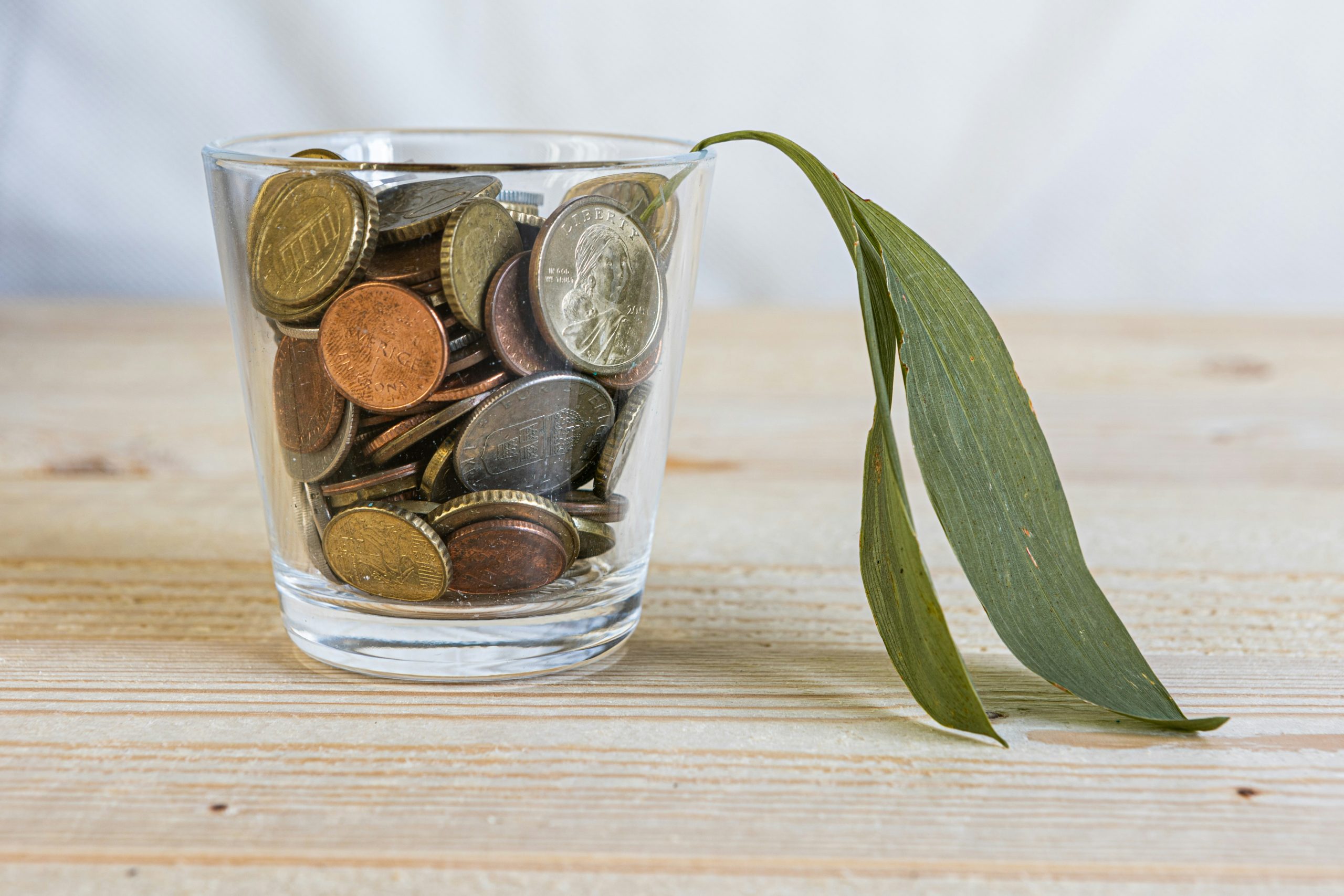
The Rise of Sustainable Business Models: Opportunities for Investors and Entrepreneurs
In a world increasingly aware of sustainability, business models that integrate environmental, social, and governance (ESG) criteria are gaining advance and transforming the dynamics of the global market. From energy efficiency to eco-design, these models are proving that it is possible to be profitable while contributing to a more sustainable future. For entrepreneurs and investors, this trend represents a unique window of opportunity to grow and stand out.
During 2024, regulatory advancements and shifts in consumer expectations have accelerated the adoption of sustainable practices. According to the United Nations Global Compact, companies are placing sustainability at the core to comply with new regulations and attract consumers who are increasingly interested in responsible brands.
This trend has created an ecosystem where sustainability is not merely an “added value” but a starting point for innovation and competitiveness.
For investors, sustainable business models offer attractive investment opportunities. The demand for sustainable projects in key sectors, such as renewable energy, has boosted the market value of these companies. Additionally, thanks to technological advancements, it is now easier for companies to monitor and reduce their environmental impact, which attracts even more capital to the sector.
On the other hand, there is renewable Energy, the energy transition continues to accelerate, and with it, the interest in clean energy sources. Solar and wind energy, backed by global policies and changes in consumer behavior, are two of the most attractive investments in sustainability.
Additionally, technology for sustainability stands out, from artificial intelligence tools to ESG management platforms, technology has become an indispensable ally in measuring and optimizing companies’ environmental impact. This is a key area for investors seeking to combine innovation and sustainability.
Lastly, circular economy models, focused on reduction and recycling, are gaining incentives in sectors such as sustainable packaging. Companies that develop products from biodegradable or recyclable materials are increasingly in demand and supported by both investors and consumers.
For businesses, incorporating sustainable practices is a response to regulatory demands and a way to stand out in an increasingly competitive market. By prioritizing sustainability, companies can build customer loyalty, reduce operating costs, and open up to new markets. Those who embrace sustainability as an integral strategy will not only contribute to a better future but will be positioning themselves as leaders in an increasingly green and conscious global economy.



